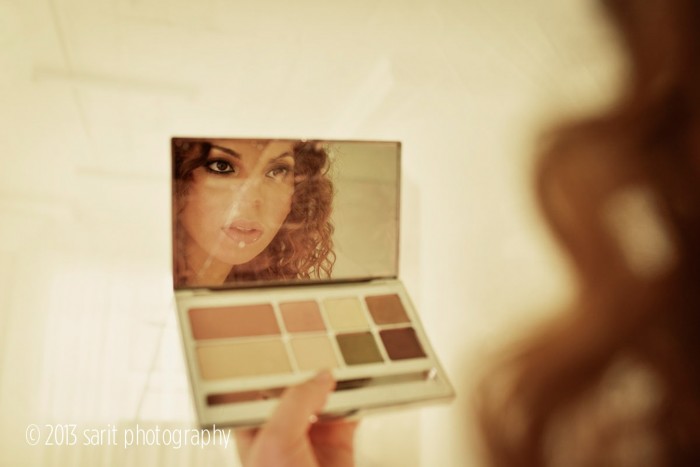Grief can be utterly crippling, taking our breath away as though we’ve been thrown down a flight of stairs landing smack dab on our solar plexus.
It has the ability to take a human down. I thought I understood it, but when I lost someone I loved, who was a grounding source for me, it was devastating.
In 2009, my grandmother passed. I knew it was coming; I expected it. It had been building for months, with long-term hospital stays, finally culminating in home care, but when she died, I felt like I couldn’t breathe, as though there was a tremendous weight on my chest, immovable and suffocating.
That was over three years ago, so why am I writing this now?
I grew up in a definitively dysfunctional environment. My parents were children when they had me—they were both under 20—and it was my grandmother who stepped in and provided the basics: who taught me manners, how to entertain and how to take pride in what I was doing. She was also the matriarch in a male-dominated family: three sons and a husband.
My grandmother fell victim to their abuses and used denial about their actions in order to save face. It was a behavior I didn’t understand and which created a deep-seated anger within me during my youth. There were times when my grandfather hit me in front of her and she would tell me it didn’t happen, or times when my father would tell me I was a mistake and she would shrug it off.
What I didn’t know at the time, and didn’t find out until years later, was that she was silently fighting for me. She was paying for my clothes and sending my absentee father the bill. She was inviting me to dinners without telling people first because she wanted me there. I was her only grandchild for almost 20 years and in being so, I represented a relatable female.
My grandmother, as a result of all of this, was my tie to family. She was my anchor and my beloved. We worked out our differences as I got older and, as I got older, my love for her grew exponentially. We shared the link to domestic violence, and we shared the seat of womanhood in a family fraught with conflicted male energy. It was an unspoken bond but it created emotional safety: something neither of us had ever had.
When she passed, I lost my anchor. I began to see my ship sailing away from any sense of family. When my grandfather passed two years later, my ship was entirely cut off from the fleet. What I was left with was my grief and my sense of being without.
But without what? Abuse? Shame?
I have a family of my own, one who loves me without condition and has inspired me to reignite my roots. I have a yoga practice that has taught me that I am my own resource. I have my photography, which allows me to communicate without words but with my heart.
Grief can do one of two things: it can shatter our heart to pieces or it can break it open.
Loss presents us with an opportunity to look at those broken pieces in earnest; rather than making a mosaic of the past, those pieces can be mirrors into the future. I see my beloved grandmother in everything I do: when I make jam, when I entertain guests, when I teach.
What I don’t see is shame and I don’t see abuse.
My old family is on the outskirts, doing the same dance of anger and resentment. Their grief transformed them into a mask of denial, and in a sense, writing this dangerous, raw piece pulls the hazy gauze free from their clutches.
Grief is inevitable: we grieve the losses of the tiny and monumental, but how we dance our grief is up to us. Is it a tango? A waltz? A two-step?
Shadows are made by light, the further in we go, the closer we come to the other side.
Love elephant and want to go steady?
Sign up for our (curated) daily and weekly newsletters!
Assistant Editor: Bronwyn Petry/Editor: Rachel Nussbaum
Photos: Courtesy of the author

 Share on bsky
Share on bsky







Read 4 comments and reply